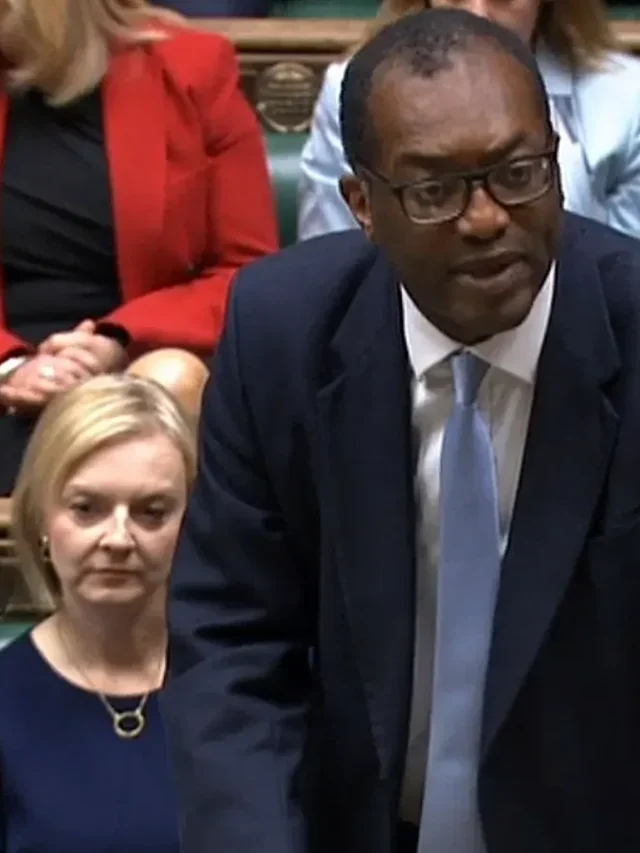When borrowers apply for mortgage loans, they often need to provide pieces of paper with important information – the seller’s name, contact information, the property address, and the type of loan. In this article, I’ll outline what people in different parts of the country use to secure a mortgage loan.
Purpose of the Mortgage Loan
Individuals, businesses, and governments use a mortgage loans to acquire property. The purpose of the mortgage loan can be classified in four ways:
- Home Purchase
- Refinancing an existing mortgage
- Debt consolidation
- Long-term debt financing
The first three purposes of the mortgage loan are all used to purchase a property. First, a home purchase is when a borrower uses a mortgage loan to buy a home. Second, refinancing is when a borrower uses the mortgage to change the terms of their existing mortgage. Third, debt consolidation is when a borrower uses the mortgage to combine several different debts into one loan to lower their overall payments. The fourth purpose of the mortgage loan is long-term debt financing. Long-term debt financing is when a borrower uses the mortgage to borrow money for longer than one year.
Kinds Of Mortgages
There are many different kinds of mortgages approachable to borrowers. However, here is a brief overview of the most common types:
-Fixed-Rate Mortgages:
These mortgages have a set interest rate for the entire term of the loan. So it can be a good option if you know your interest rate for the whole duration of the loan.
-Adjustable-Rate Mortgages:
These mortgages have an interest rate that can change over time, depending on the market conditions. So it can be a good option if you don’t know your interest rate for the entire term of the loan but want to lock in an interest rate.
-Purchase-Money Mortgages:
These mortgages are used to purchase a home. The borrower takes cash from the lender and pays it back with interest for the loan Term. This type of mortgage is usually more expensive than other types because it has higher interest rates.
(Mortgage Loans, Home Equity Loan, Interest Only Loans, Line of Credit)
Mortgage Loans:
-A mortgage loan is a loan that is used to purchase, build, or refinance a home.
-There are several types of mortgages: conforming, jumbo, adjustable-rate, and reverse mortgages.
-A conforming mortgage is the most common type and has low-interest rates.
-Jumbo mortgages have lower interest rates but are more expensive.
-An adjustable-rate mortgage (ARM) can have a higher or lower interest rate depending on the loan’s terms.
-A reverse mortgage allows homeowners to gradually pay off their equity in their home by drawing down their equity each month.
Home Equity Loan:
-A home equity loan is a loan that uses the equity in a homeowner’s home to help finance a purchase or improvement project.
-Home equity loans can be used for various purposes, such as purchasing a new home, refinancing an existing home, or consolidating debt from other loans.
Interest Only Loan:
-An interest-only loan is a type of mortgage where the borrower only pays the interest on the loan while they continue to make monthly payments on the principal amount
How To Secure a Mortgage Loan
Having a good credit history is critical case of securing a mortgage loan. There are numerous ways to build your credit score, and some borrowers prefer using tools like the Credit Karma Score and FICO. However, many other methods can work well for borrowers.
Here are two ways to secure a mortgage loan:
- Have Good Income and Debt Ratios
When considering your loan application, mortgage lenders look at your income and debt ratios. It means that you need to make sure that you can afford to repay the loan and meet the lender’s other requirements. Therefore, keep your total monthly obligations (including principal and interest) below 36% of your gross monthly income. - Have a Good Credit History
Your credit history is one of the essential factors when securing a mortgage loan. A good credit history shows that you can handle responsible financial obligations in the past. The best way to set up your credit history is by using a credit score tool like the Credit Karma Score or FICO, paying your bills on time, and avoiding any high-interest debt products.
Things to Consider Before You Get a Mortgage Loan
Before you take out a mortgage loan, ensure you understand the different types of loans available to you. For example, there are mortgages for people who have good credit, mortgages for people who have bad credit, and mortgages that allow you to pay off your loan over time. Here are some things to consider when choosing a mortgage:
- Your monthly payments: Make sure you know what your monthly payments will be based on the loan you choose and the interest rate. You may want to compare different loans to see which one has the lowest monthly payments.
- The length of your loan: Choose a loan that will fit your long-term needs. A longer-term loan means you don’t have to worry about paying it off as quickly, so it could be more expensive.
- The type of mortgage: There are three types: fixed-rate mortgages, adjustable-rate mortgages (ARMs), and hybrid adjustable-rate mortgages (HARMs). Each has its benefits and drawbacks. For example, fixed-rate mortgages are the cheapest but tend to have the most extended terms. On the other hand, ARM loans are more expensive than fixed-rate mortgages. Still, they offer more flexibility regarding interest rates and payment options.
Fees and Closing Costs of a Mortgage Loan
When you apply for a mortgage, there are many fees and closing costs associated with the process. Below we’ll outline what borrowers typically pay and how to save on each.
Mortgage interest rates can vary significantly based on your credit score. So it’s essential to compare rates before you apply.
Some lenders will require a down payment as a percentage of the purchase price, while others do not. The required down amount can vary from 0% to 20%. Closing costs include attorney fees, title insurance, and home inspection costs. Here are some tips to support you save on closing costs:
- ask your lender if there are any discounts available for borrowers who provide proof of current debt payments or savings accounts with good credit ratings
- get quotes from multiple lenders to get the best deal on closing costs
- be prepared to pay extra to get your loan sooner rather than later
Things to Expect in the First Year
Bloggers like to think they know everything, but they don’t. So it’s a good thing that mortgage lenders are experts in lending. They can assist you in understanding the process and what to expect during your first year of home ownership. Here is part some of the things you should keep in mind:
- Start by talking to a lender about your specific situation. They can help you understand what mortgage loan options are available to you and how much money you might need to qualify for one.
- Make sure your credit score is above average. A good credit score will abet you in getting approved for a mortgage loan and avoiding high-interest rates.
- Make sure you’re prepared for a down payment. The minimum down amount required has gradually been increasing over the years, so be prepared to contribute at least 5% of the value of your home.
- Keep up with your payments. If you get back on your costs, your lender may start proceedings to repossess your home or try for higher interest rates on your loan.
What Happens if You Default on Your Mortgage Loan?
If you cannot keep pace with your mortgage payments, defaults can occur. When this happens, your lender can take various actions, including foreclosure. In a few cases, the lender may be able to sell your home at a discounted price and give you a smaller loan on another house. Suppose you’re behind on your mortgage payments for more than 12 months. In that case, the lender may also pursue other legal remedies, such as wage garnishment or seizure of assets.
Conclusion:
There you have it – borrowers use various methods to secure a mortgage loan, and the most critical factor is finding the right lender that best meets your needs. Use this information to confidently explore your options and find the best mortgage company for you. I hope you loved this article and that it will assist you in obtaining a loan quickly.




















